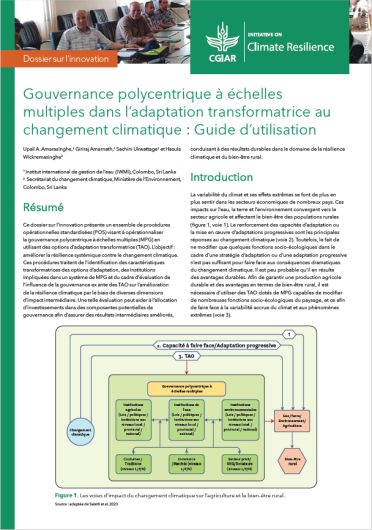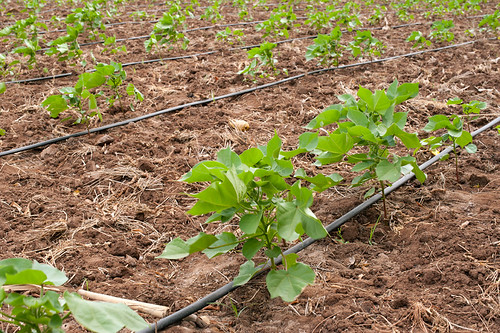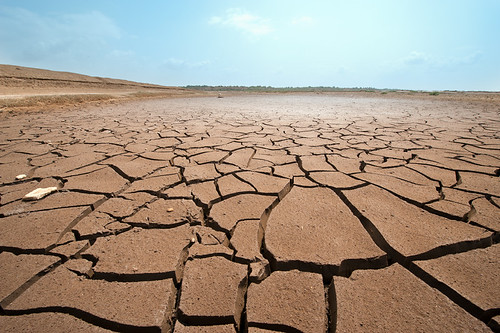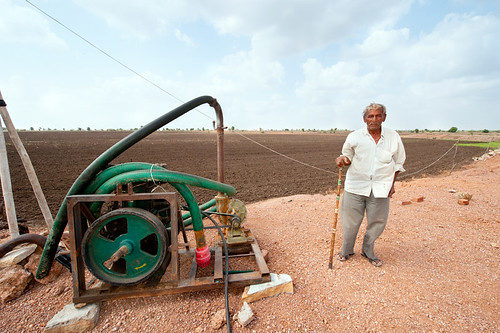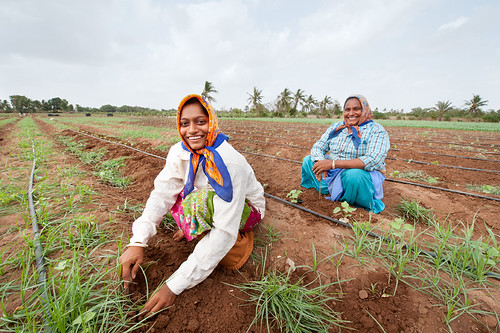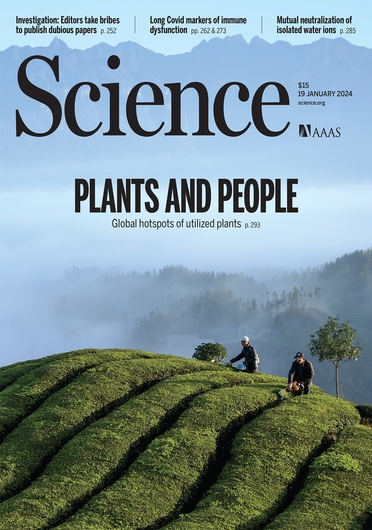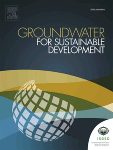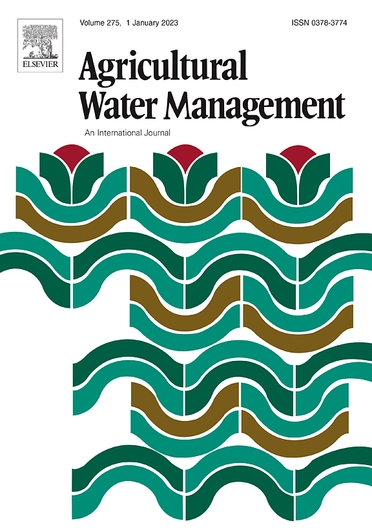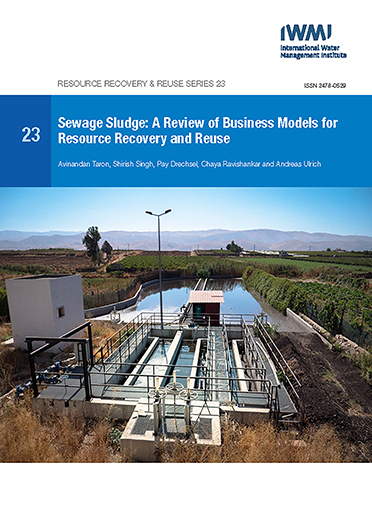IWMI in India
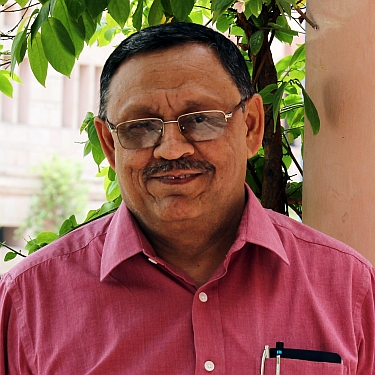
Agriculture employs about 50% of India’s workforce and most farmers are smallholders. Irrigation facilities are often poorly maintained, and only about half of the country’s cultivated area is irrigated. Cultivation of the remaining area is dependent on rainfall during the monsoon season, which is highly vulnerable to climate variability. India is increasingly reliant on groundwater, which supports over 60% of the irrigated area and much of the country’s drinking water needs. In parts of the country, overpumping of groundwater for agricultural use is resulting in a decline in the water table.
A prime example is a joint project between IWMI and the Indian Council of Agricultural Research (ICAR) in the Sina Medium Irrigation System in Maharashtra, which focuses on improving the conjunctive use of surface water and groundwater, and enhancing water productivity. The project has proposed a new framework for assessing the performance of irrigation systems within the context of the ‘water influence zone’.
Our work on solar irrigation is another example of IWMI’s significant policy impact. India has adopted ambitious renewable energy targets to meet its commitments under the Paris Agreement. Promoting solar energy, including solar-powered irrigation, is at the heart of the national strategy for meeting these targets. With abundant sunshine hours, solar pumps can offer high–quality power to farmers at zero marginal cost. One risk, however, is that this might further aggravate the overpumping of groundwater. In response, IWMI developed a model of grid-connected solar irrigation systems where, in addition to using solar power for irrigation, farmers can also sell the surplus energy generated back to the utility at attractive prices. This creates an incentive for smallholders to use energy and water judiciously. This concept – known as Solar Power as a Remunerative Crop (SPaRC) – was piloted by IWMI in Dhundi village in central Gujarat. The project influenced the Government of Gujarat to announce a new solar irrigation policy, Suryashakti Kisan Yojana (SKY), and has also inspired the ambitious national program for promoting solar pumps (Pradhan Mantri Kisan Urja Suraksha evam Utthan Mahabhiyan [PM-KUSUM]). IWMI is working closely with state and central governments to support field implementation and scaling of the SPaRC concept.
In the flood-prone Rampur district of Uttar Pradesh, a project supported by the CGIAR Research Programs on Climate Change, Agriculture and Food Security (CCAFS) and Water, Land and Ecosystems (WLE) is using floodwater to recharge depleted aquifers, enabling the co-management of floods and groundwater depletion. This allows farmers to mitigate the impact of flooding in the rainy season while gaining access to more groundwater in the dry season. A proven success, the approach, referred to as ‘Underground Transfer of Floods for Irrigation’ (UTFI), has been formally recognized by the state and central governments, and included in the Rampur District Irrigation Plan under the Prime Minister’s National Irrigation Program (Pradhan Mantri Krishi Sinchayee Yojana [PMKSY]). It has also been cited as an adaptation option in a UN-Water Policy Brief on Climate Change and Water published in 2019.
In India, IWMI has been a pioneer in advancing the concept of the water-energy–food nexus, which integrates management and governance across sectors and scales. Our research on opportunities for co-managing irrigation and energy inspired the highly acclaimed Jyotigram Yojana program in Gujarat, which incorporates intelligent rationing of farm power supply while delivering round-the-clock rural power for domestic and industrial uses. In 2014, in recognition of its groundbreaking work to link energy use, food production and water availability in Indian agriculture, the IWMI-Tata Water Policy Research Program was awarded the prestigious UN-Water ‘Water for Life’ Best Practices Award. In West Bengal, IWMI research helped to improve groundwater access by influencing policy reform to make it easier for farmers to purchase electric pumps for irrigation. A recent IWMI report highlights that our recommendations led the West Bengal government to establish around 200,000 new electricity connections for pumping groundwater for irrigation.
National Policies and Strategies for Food, Land and Water Systems Transformation
A CGIAR Initiative
Our Projects
Publications
